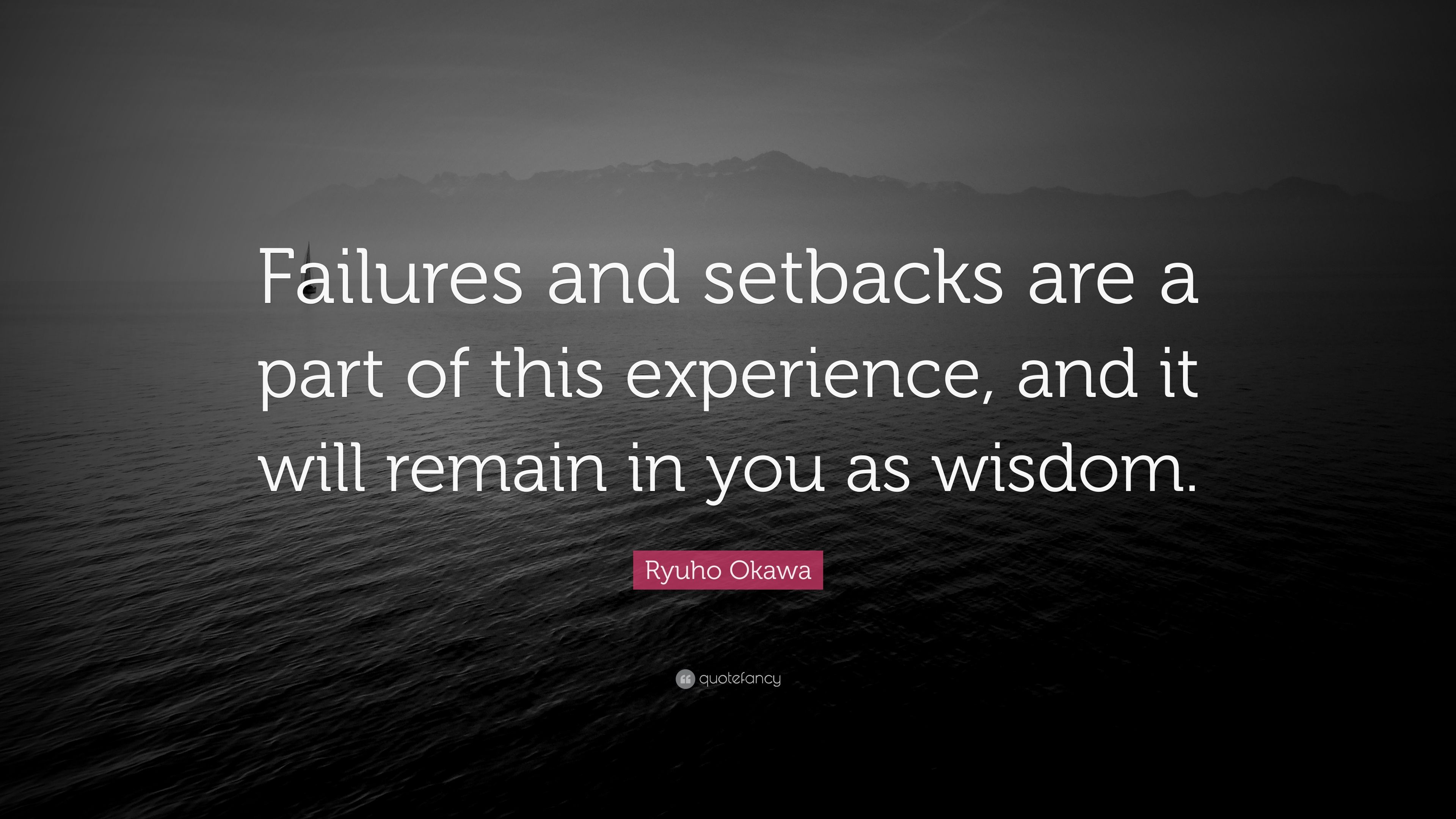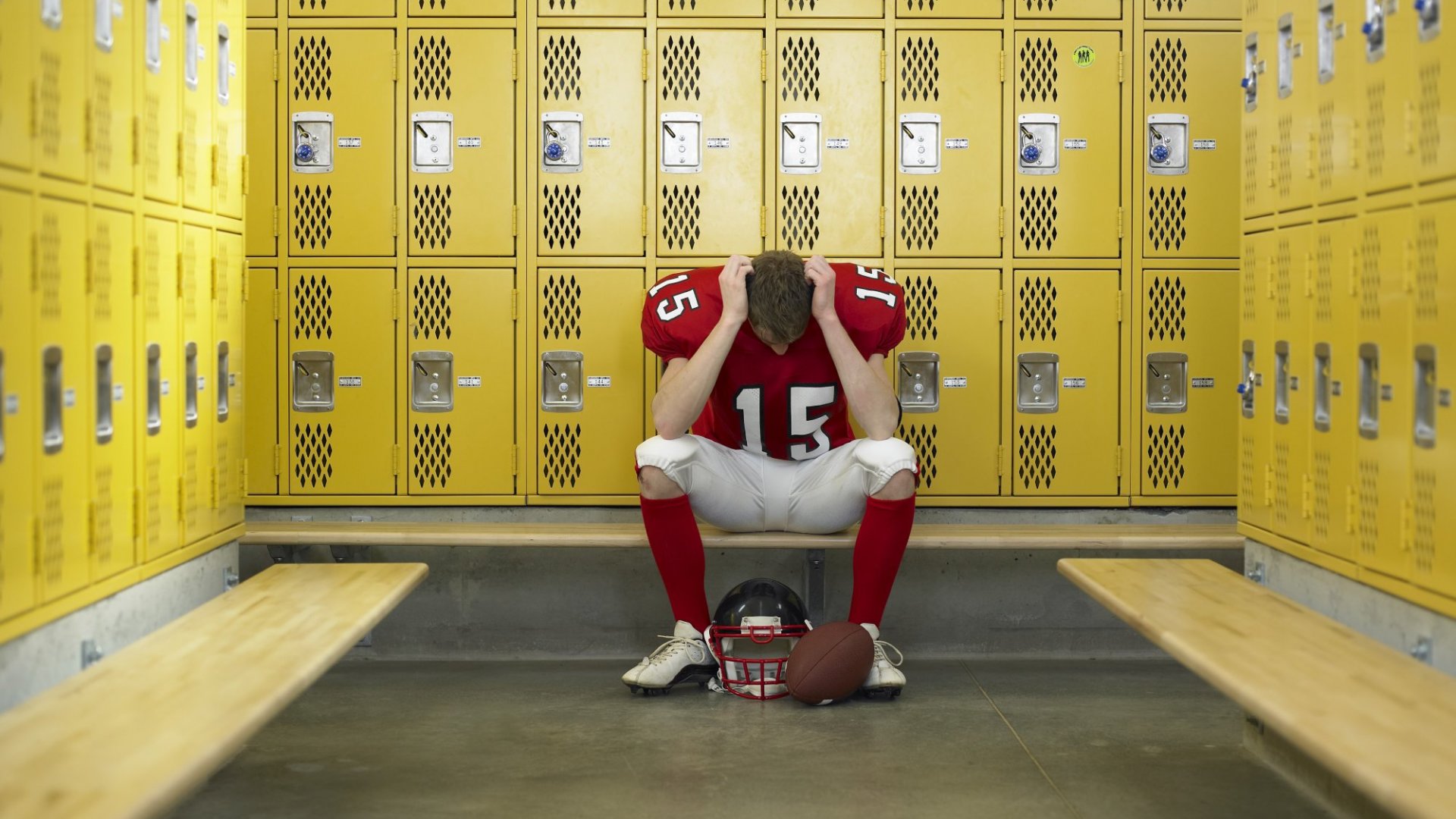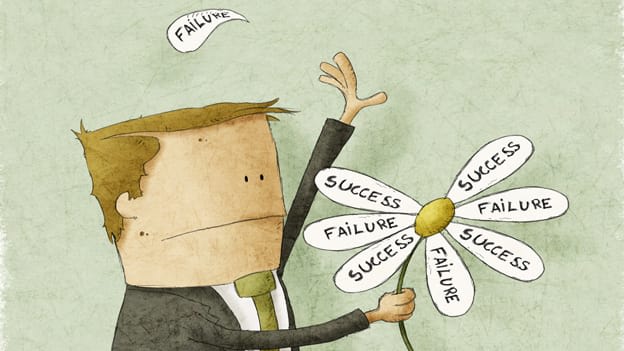It can be tough to watch our kids struggle with failure and setbacks, but it’s important to remember that these experiences are a part of life and can help them grow and develop. Teaching our children how to cope with failure and setbacks can be a challenge, but it doesn’t have to be. With some guidance and understanding, kids can learn how to respond to difficult situations in a healthy way. In this article, we’ll explore some tips and strategies to help kids cope with failure and setbacks in a positive and engaging way.
Acknowledge feelings of sadness.

It is important to validate your child’s feelings of sadness and disappointment following a failure or setback. Let them know that it’s okay to feel sad and that you are there to support them.
Encourage effort, not results.

It’s important to recognize and praise the effort and hard work that your child has put into a task, rather than the outcome or results. Showing them that you are proud of their effort can help to boost their confidence and resilience.
Model resilience and optimism.

It is important to model resilience and optimism for kids by showing them that it is okay to fail and to try again. This will help them to develop a growth mindset and view failure as an opportunity to learn.
Offer support and understanding.

It’s important to remember that failure is a normal and necessary part of life, and that it’s okay to make mistakes. Offer your support, understanding, and encouragement in order to help your child learn from their mistakes and develop resilience.
Celebrate successes, no matter how small.

It’s important to remember that even if your child doesn’t reach their goal, any successes along the way should still be celebrated; the fact that they tried and worked hard is something to be proud of!
Focus on the lessons learned.

Focusing on the lessons learned can help us to reframe our experiences of failure and setbacks as learning opportunities, which can be empowering and motivating.




